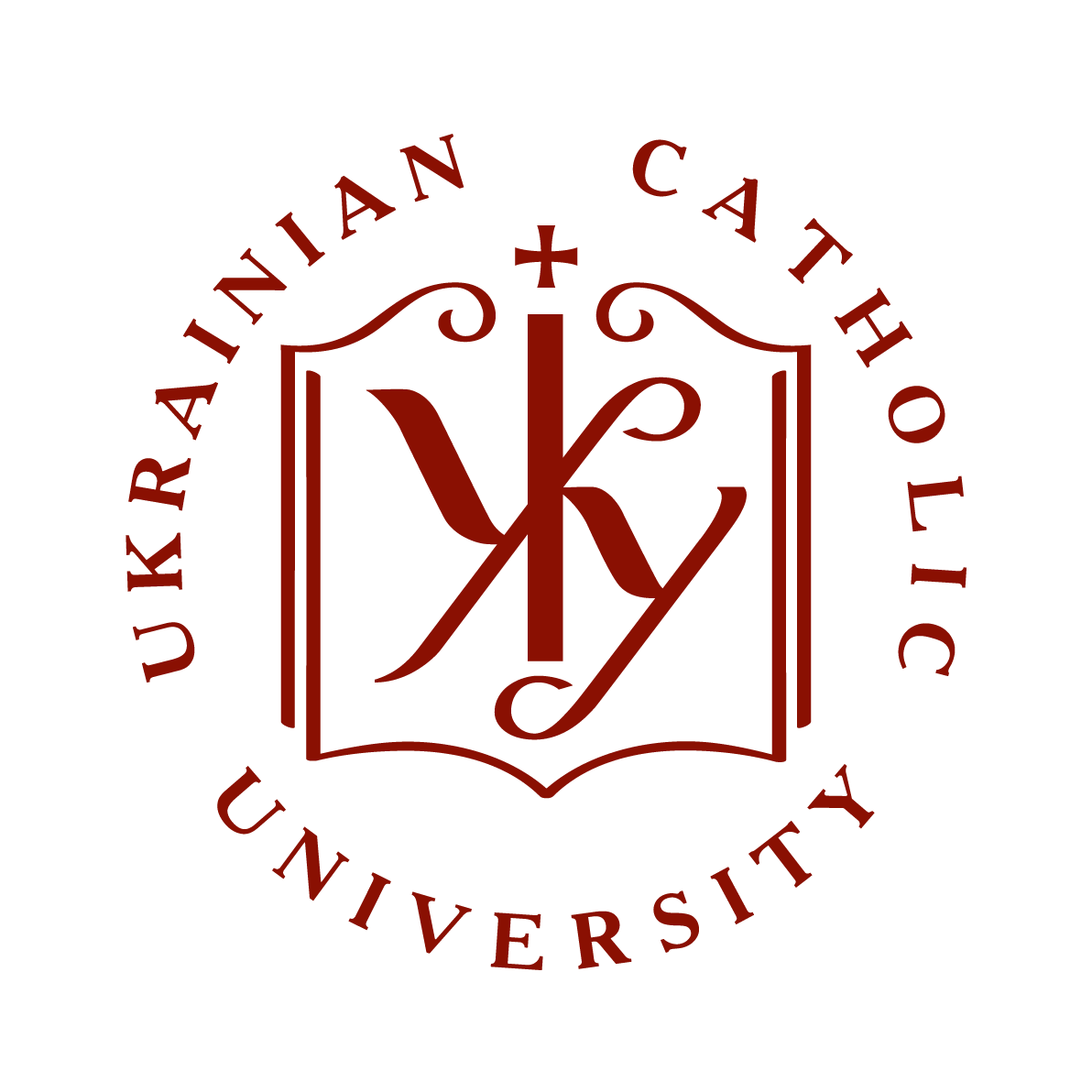Сценарії JavaScript вимкнено для Вашого браузера. Деякі функції цього сайту не будуть працювати без них.
| dc.contributor.author | Мак-Ґакін, Джон
|
|
| dc.date.accessioned | 2020-01-29T11:20:46Z | |
| dc.date.available | 2020-01-29T11:20:46Z | |
| dc.date.issued | 2017 | |
| dc.identifier.citation | Мак-Ґакін Дж. Традиції ненасильства і миру в ранньому та східному християнстві / Джон Мак-Ґакін // Наукові записки УКУ. - 2017. - Ч. 10: Богослов’я, вип. 4. - C. 101-119 | uk |
| dc.identifier.uri | http://er.ucu.edu.ua/handle/1/1906 | |
| dc.description.abstract | Упродовж історії християнства вчення Церкви про війну і мир кристалізувалося між двома крайнощами: з одного боку – радикальний пацифізм, а з іншого – теорія справедливої війни. Автор стверджує, що східнохристиянський підхід набагато складніший, містить більше нюансів: він відкидає будь-яку можливість формулювання теорії справедливої війни, але засуджує відмову вступати в лави армії та захищати честь і безпеку слабших, основану на педантичному християнському пацифізмі. Відомий реформатор монашества, богослов і мислитель IV ст. Василій Кесарійський сформулював східнохристиянську відповідь на питання, за яких обставин християнин може брати участь у війні та яку покуту він повинен звершити, щоб відновити свою повноцінну участь у житті церковної спільноти. Василій і пізніша традиція канонічного права Східної Церкви стверджують, що коли війна є неминучою, ідеали миру і прощення все-таки мусять бути проголошені наново разом із ретроспективною нагодою для відновлення повноцінної участі в житті Церкви шляхом публічного «очищення». | uk |
| dc.language.iso | uk | uk |
| dc.subject | ненасильство | uk |
| dc.subject | мир | uk |
| dc.subject | війна | uk |
| dc.subject | Василій Кесарійський | uk |
| dc.title | Традиції ненасильства | uk |
| dc.type | Article | uk |
| dc.contributor.translator | Кіндій, Олег | |
| dc.status | Опублікований і розповсюджений раніше | uk |
| dc.description.abstracten | Throughout the history of Christianity, the Church’s teaching on war and peace was formulated between two extremes: on the one hand, radical pacifism, on the other hand, the theory of just war. This paper argues that the Eastern Christian approach is much more complex and more nuanced: it rejects any possibility of formulating the theory of just war, but also condemns refusal to join the ranks of the army and defend the honour and safety of the weak by hiding behind a pedantic Christian pacifism. In particular, Basil of Caesarea, celebrated religious reformer, theologian and philosopher of the fourth century, formulated the answer to the question under what circumstances can a Christian participate in war and what penance he must accomplish to restore his full participation in the church community. Basil and later canon law tradition of the Eastern Church contend that if the war is inevitable, the ideals of peace and forgiveness must be proclaimed anew with retrospective opportunity to restore full participation in the life of the Church with the help of the public “purification”. | uk |
Files in this item
This item appears in the following Collection(s)
-
2017 (вип. 4) [15]
Наукові записки УКУ. - 2017. - Ч. 10 : Богослов’я, вип. 4.


